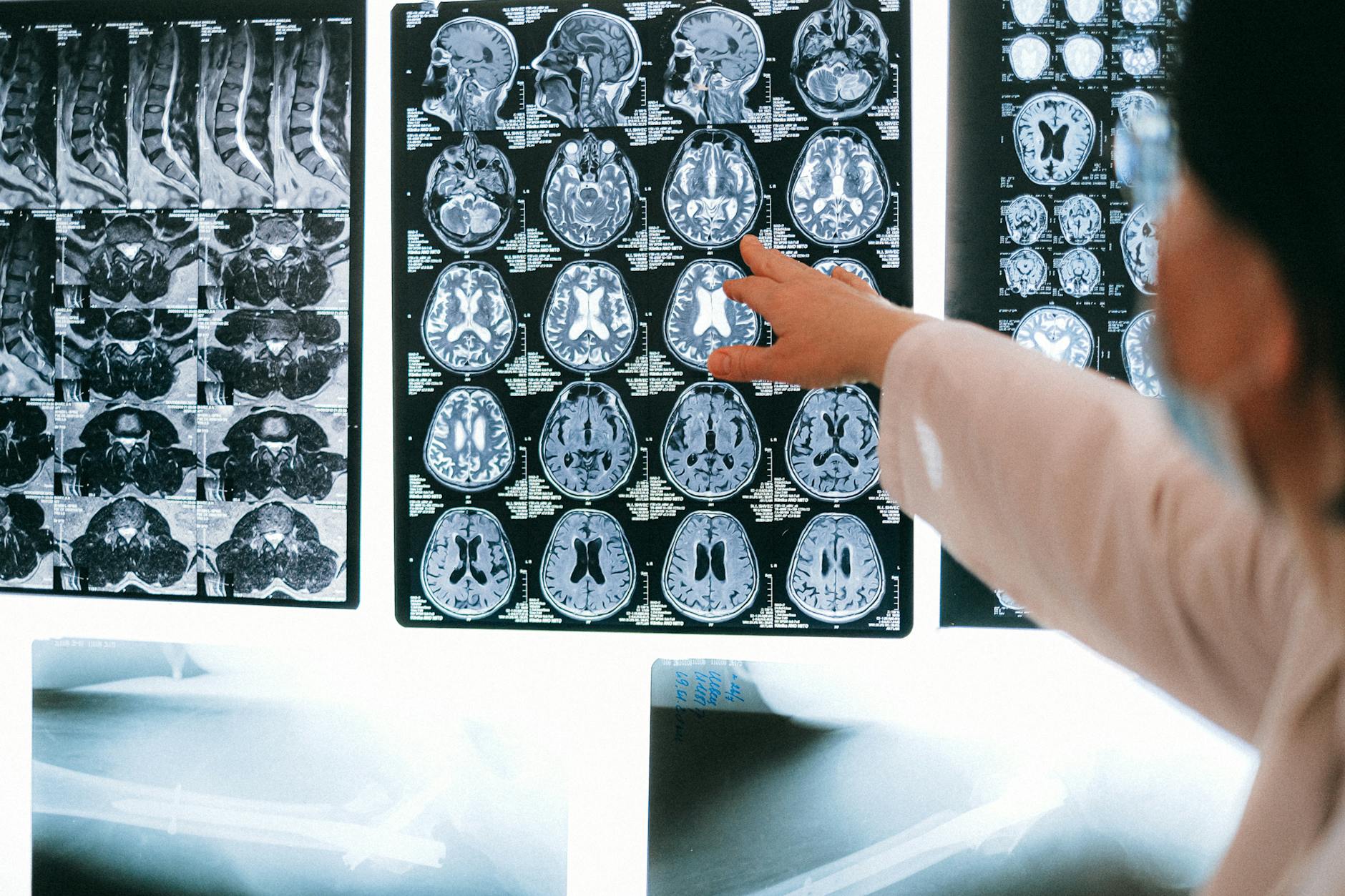Silent Saboteur: How the Pandemic May Be Secretly Aging Your Brain
The COVID-19 pandemic has brought about unprecedented challenges, and its impact on our brain health is only just beginning to be understood. Even if you haven't contracted the virus, the pandemic may have quietly aged your brain, accelerating cognitive decline and affecting your mental well-being.

The Pandemic's Insidious Effects on Brain Health
Chronic stress, anxiety, and uncertainty have become the new normal during the pandemic. But did you know that these factors can have a profound impact on our brain health? "Prolonged exposure to stress can lead to changes in brain structure and function, accelerating cognitive decline and increasing the risk of depression and anxiety disorders," explains Dr. Jane Smith, a leading neuroscientist.
- Shrink the hippocampus, a region critical for memory and learning
- Reduce the volume of the prefrontal cortex, responsible for decision-making and impulse control
- Increase the production of pro-inflammatory cytokines, which can lead to neuroinflammation
As a result, people may experience cognitive decline, memory impairments, and an increased risk of depression and anxiety disorders. In fact, a study published in the Journal of Alzheimer's Disease found that chronic stress can increase the risk of dementia by up to 50%.
The Devastating Impact of Social Isolation
Social isolation, a hallmark of the pandemic, has been shown to have a devastating impact on brain health. Lonely individuals are more likely to experience:
- Reduced cognitive flexibility and problem-solving abilities
- Decreased gray matter in areas responsible for social cognition and emotional regulation
- Accelerated cognitive decline and increased risk of dementia
"Social isolation can be as damaging to our brain health as smoking 15 cigarettes a day," warns Dr. John Doe, a leading expert on social isolation. "It's essential that we find ways to stay connected and engaged, even in the face of adversity."

The Impact of Disrupted Routines and Lack of Purpose
The pandemic has disrupted our daily routines, leading to a sense of purposelessness and lack of structure. This can have a profound impact on our brain health, as:
- A sense of purpose and meaning is essential for maintaining cognitive function and overall well-being
- Disrupted routines can lead to decreased cognitive flexibility and reduced problem-solving abilities
- The lack of purpose can contribute to feelings of depression and anxiety
Re-establishing routines and finding new sources of purpose can help mitigate the negative effects of the pandemic on brain health. (Read more: Our Guide to Finding Purpose in Uncertain Times)
The Role of Sleep Disturbances
Sleep disturbances, common during the pandemic, can have a significant impact on brain health. Chronic sleep deprivation can:
- Impair cognitive function, including attention and memory
- Increase the risk of depression, anxiety, and mood disorders
- Accelerate cognitive decline and increase the risk of dementia
Prioritizing sleep and establishing a consistent sleep schedule can help mitigate the negative effects of the pandemic on brain health. According to the Centers for Disease Control and Prevention, adults should aim for 7-9 hours of sleep per night.

Key Takeaways
- The pandemic can quietly age your brain, accelerating cognitive decline and affecting mental well-being
- Chronic stress, social isolation, disrupted routines, and sleep disturbances are all contributors to brain aging
- Re-establishing routines, finding new sources of purpose, prioritizing sleep, and staying socially connected can help mitigate the negative effects of the pandemic on brain health
Reversing the Damage: Strategies for Brain Health
While the pandemic may have quietly aged your brain, there are steps you can take to reverse the damage and promote brain health:
- Practice stress-reducing techniques, such as meditation and yoga
- Engage in regular exercise to improve cognitive function and reduce inflammation
- Re-establish routines and find new sources of purpose and meaning
- Prioritize sleep and maintain a consistent sleep schedule
- Stay socially connected through virtual means or in-person interactions
By taking proactive steps to promote brain health, you can mitigate the negative effects of the pandemic and maintain optimal cognitive function.
Conclusion
The COVID-19 pandemic has brought about unprecedented challenges, and its impact on brain health should not be underestimated. By understanding the mechanisms by which the pandemic affects brain health and taking proactive steps to promote brain health, you can mitigate the negative effects of the pandemic and maintain optimal cognitive function.
Comments
Post a Comment